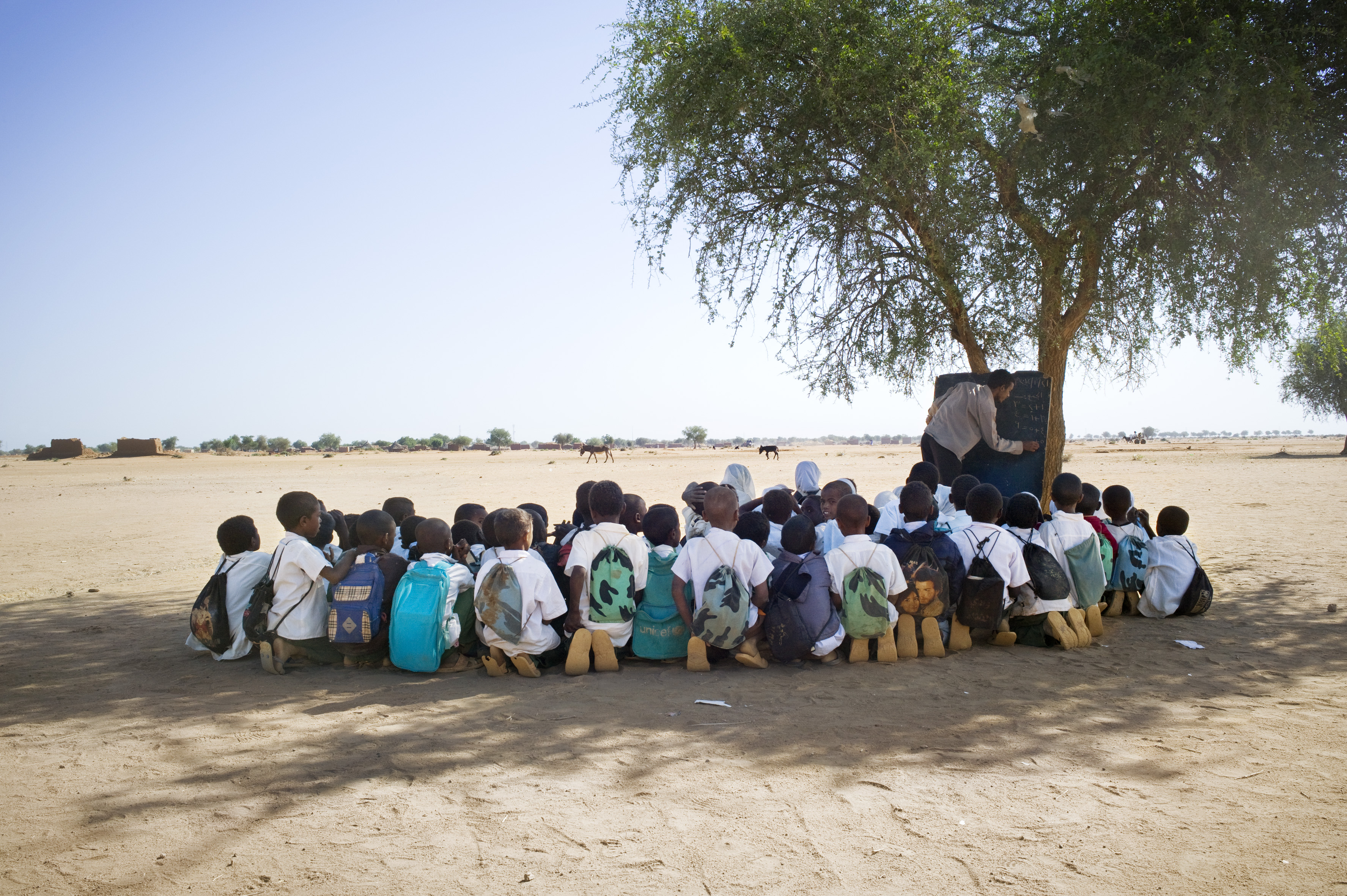
Policies
Accelerated Education Programmes (AEPs)
Context and Issue
In Colombia, addressing the needs of out-of-school children and youth presents a significant challenge. To investigate potential solutions, the Accelerating Change for Children’s and Youths’ Education through Systems Strengthening (ACCESS) research project, led by the University of Auckland in collaboration with the AEWG and funded by Dubai Cares under E-Cubed, conducted its initial phase of research in the country. This report focuses on the opportunities and challenges surrounding the support of out-of-school children and youth through Accelerated Education Programmes (AEPs).
The research aimed to explore two key questions:
- To what extent does the current national education system demonstrate political commitment, capacity, and will to institutionalize and integrate alternative or non-formal education (NFE) interventions such as AEPs?
- Where do current levers and opportunities exist for the AEWG to lead and support systematic change that would enhance access to AEPs for learners in need?
Key Insights
Through an extensive review of data and documentation on existing flexible education models (FEMs) in Colombia, along with an examination of national education policies and legislative frameworks and interviews with key stakeholders, several key findings emerged:
- The COVID-19 pandemic, coupled with factors such as Venezuelan migration and internal conflicts, has led to a high number of out-of-school children. Despite the need for FEMs, challenges persist in obtaining institutional support at the national and secretariat levels due to issues such as underfunding, coordination, institutional capacity, and limited opportunities for specific populations.
- The onset of a new government in mid-2022 and the challenges posed by the COVID-19 pandemic provide an opportunity to prioritize FEMs. However, achieving this goal will require greater coordination, collaboration, and understanding among stakeholders.
Analysis
While the findings highlight the potential of FEMs to address the needs of out-of-school children and youth in Colombia, addressing the identified challenges will be essential for their successful implementation and scalability. Continued collaboration between stakeholders and sustained efforts to raise awareness and mobilize resources will be crucial in advancing the agenda of ensuring inclusive access to education for all.












